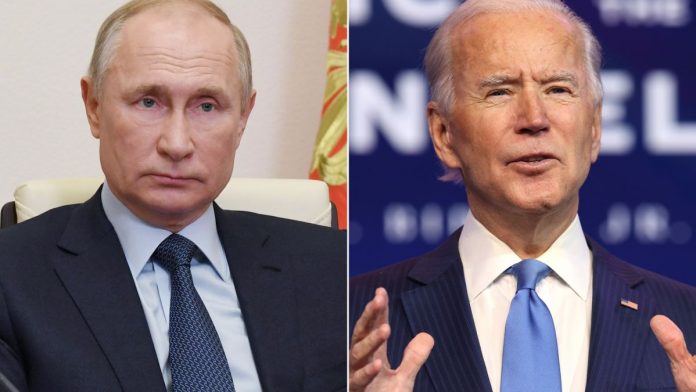President Joe Biden recently signed an executive order declaring a “national emergency” against Russia for its involvement in the “SolarWinds intrusion, reports of bounties on U.S soldiers in Afghanistan, and attempts to interfere in the 2020 U.S elections.” The White House also sent a letter to Congress talking about Russia’s attempts to undermine fair and free democratic elections, as well as engaging in “malicious cyber-enabled activities” and violating international law.
As part of the order, the administration will block U.S financial institutions from purchasing or lending bonds from Russia’s Central Bank, National Wealth Fund, or Ministry of Finance after June 14. The Biden Administration has also talked about expanding the sanctions on Russian sovereign debt and strengthening their own federal cybersecurity. They are also working with foreign allies to create a framework of “responsible state behavior in cyberspace.”
So far, President Biden has expelled 10 personnel from the Russian diplomatic mission in D.C and has sanctioned six Russian technology companies, along with 32 individuals, for efforts to influence the 2020 election. This includes any harmful activities and hacking efforts that pose a threat to the national security, foreign policy, and economy of the United States.
The SolarWinds hack, which was first discovered in December, involved IT group SolarWinds and Russian hackers that gained access to as many as 18,000 customers, which led them to successfully compromise nine federal agencies and 100 private-sector groups. It was considered one of the largest cyberattacks in U.S history.
“As the SolarWinds incident has shown, we have to build both domestic and international partnerships and threat intelligence sharing to ensure we can identify, defend against, and mitigate malicious cyber activity from Russia and other adversaries,” the report reads.
However, U.S intelligence officials have admitted that they have ‘low to moderate’ confidence in regards to allegations that the Russian government was putting bounties on the heads of US soldiers in Afghanistan. They even suggest that former president Donald Trump might’ve been right all along for calling it a ‘hoax,’ especially since most of the claims for this rumor came from unknown sources.
Richard Grenell, former director of the United States National Intelligence, even called out left-winged mainstream media for having gone along with the rumors without knowing the source’s access, motivations, or context. He tweeted to The Daily Beast editor-in-chief Noah Shachtman that anonymous leaks were usually ‘partisan hits’ and never come from the U.S intelligence assessments. “The leakers were wrong and so were you,” he wrote.
Russia has also denied any rumor that they have offered a reward for dead American soldiers. “We have repeatedly warned the United States about the consequences of their hostile steps which raise the temperature of confrontation between our two countries,” said Maria Zakharova, Foreign Ministry spokeswoman.
President Biden has even lambasted Trump for not dealing with the rumor and called him a ‘Putin Puppet,’ even though his own administration now admits they have no basis in fact for these claims.
With the declaration of a “national emergency,” President Biden has unleashed a whole new set of powers. He has more access to electronic communications within the United States and can sign as many orders with the stroke of a pen. It’s a wonder why President Biden has focused so heavily on Russia when China is getting away with its cover-up and lies over coronavirus. Or why he isn’t focused on border security. The problems with Russia aren’t even a crisis, much less a national emergency. But it’s all about how much power the Democrats can get, even if it means dragging around old rumors.


